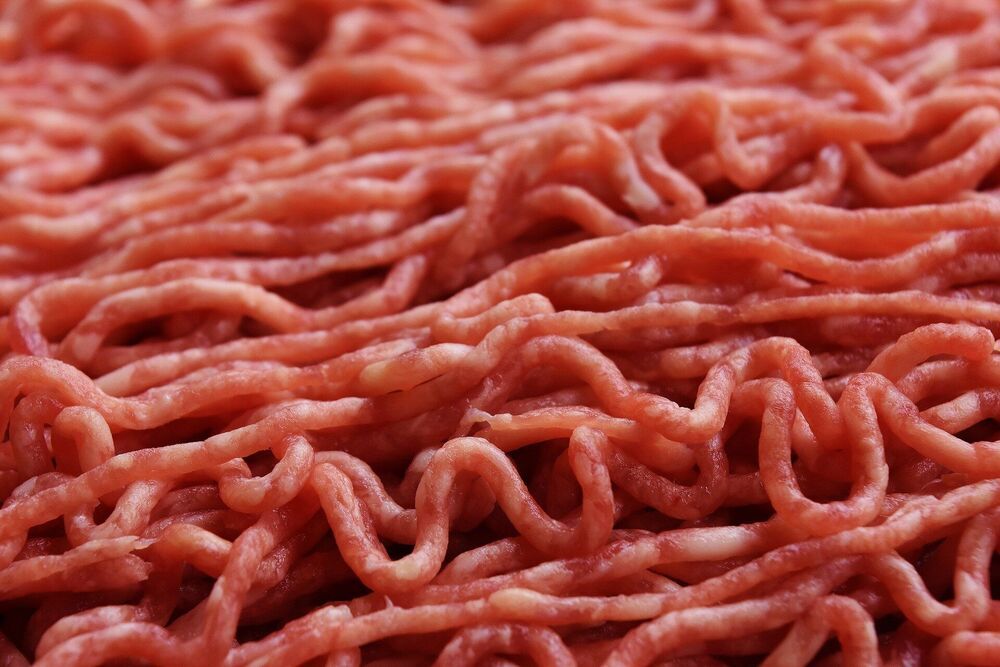McMaster researchers have developed a new form of cultivated meat using a method that promises more natural flavor and texture than other alternatives to traditional meat from animals.
Researchers Ravi Selvaganapathy and Alireza Shahin-Shamsabadi, both of the university’s School of Biomedical Engineering, have devised a way to make meat by stacking thin sheets of cultivated muscle and fat cells grown together in a lab setting. The technique is adapted from a method used to grow tissue for human transplants.
The sheets of living cells, each about the thickness of a sheet of printer paper, are first grown in culture and then concentrated on growth plates before being peeled off and stacked or folded together. The sheets naturally bond to one another before the cells die.










Comments are closed.